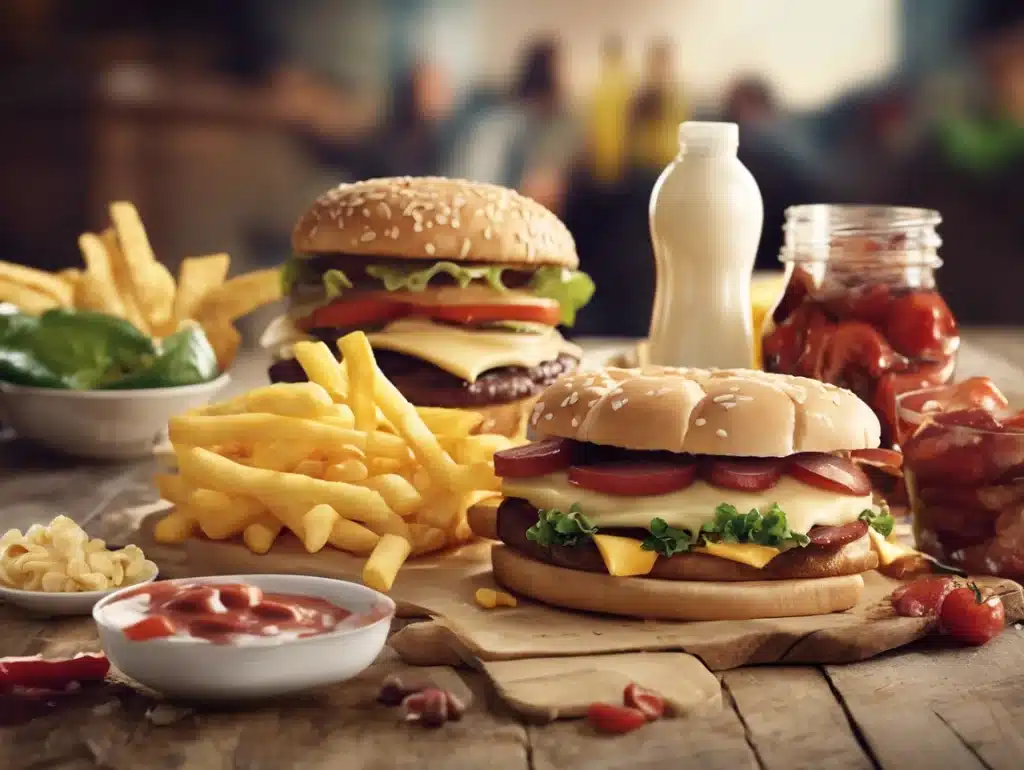Losing weight can be challenging, and many factors can hinder your progress. If you’re struggling to shed those extra pounds, it’s essential to identify the obstacles preventing you from reaching your goals. Here are the top 10 reasons you are not losing weight and how to overcome them.

1. How Do You Track Your Food to lose weight?
Explanation:
Many people underestimate how much they eat. Keeping a food diary or tracking app helps you stay aware of your calorie intake and make healthier choices.
Solution:
Use apps like MyFitnessPal or a simple notebook to record everything you eat and drink. This will help you track your calories, macros, and portions accurately.

2. What Foods do You Need to Avoid?
Explanation:
Processed foods are often high in sugars, unhealthy fats, and empty calories, derailing your weight loss efforts.
Solution:
Focus on whole, nutrient-dense foods like vegetables, fruits, lean proteins, and whole grains. Avoid or limit processed snacks, sugary drinks, and fast food.

3. how much water Do you need to drink?
Explanation:
Dehydration can slow your metabolism and lead to overeating, as thirst is often mistaken for hunger.
Solution:
Aim to drink at least 8 cups of water daily. Carry a water bottle with you and drink regularly throughout the day.

4. How Much Physical Activity Do you need to lose weight?
Explanation:
A sedentary lifestyle can make burning the calories needed for weight loss difficult. Regular exercise is crucial for boosting your metabolism and burning fat.
Solution:
Incorporate both cardio and strength training exercises into your routine. Aim for at least 150 minutes of moderate-intensity exercise per week.

5. What Role Does Sleep Play When You are trying to lose weight?
Explanation:
Poor sleep can disrupt your hormones, increase cravings for unhealthy foods, and reduce your motivation to exercise.
Solution:
Prioritize 7-9 hours of quality sleep each night. Create a relaxing bedtime routine and maintain a consistent sleep schedule.

6. Do high-stress levels sabotage a weight loss journey?
Explanation:
Chronic stress can lead to emotional eating and increased cortisol levels, a hormone that promotes fat storage.
Solution:
Practice stress-reducing techniques such as meditation, yoga, deep breathing exercises, or engaging in hobbies you enjoy.

7. What happens if you don’t Eat Enough Protein?
Explanation:
Protein is essential for building muscle and keeping you full, which helps control your appetite and boost your metabolism.
Solution:
Include a source of lean protein in every meal, such as chicken, fish, beans, tofu, or Greek yogurt.

8. What happens if you Over eat Healthy Foods?
Explanation:
Even healthy foods can contribute to weight gain if consumed in large quantities. Portion control is crucial, regardless of the food’s nutritional value.
Solution:
Pay attention to portion sizes and eat mindfully. Use smaller plates and avoid eating directly from the package.

9. Why is it essential to be Consistent?
Explanation:
Inconsistency in your diet and exercise routine can prevent you from seeing the desired results. Long-term habits are essential to successful weight loss.
Solution:
Create a sustainable plan that you can stick to. Set realistic goals and stay committed, even when progress seems slow.

10. Why do Fitness Experts recommend visiting your doctor before and during a weight loss journey?
Explanation:
Certain medical conditions, such as hypothyroidism, polycystic ovary syndrome (PCOS), and insulin resistance, can make weight loss more difficult.
Solution:
Consult a healthcare professional to rule out any medical issues affecting your weight loss. Follow their advice and treatment plans.

Conclusion – What are the keys to losing weight?
Weight loss is a complex process influenced by many factors. Addressing these common obstacles and making the necessary adjustments can improve your chances of success.
Remember, consistency and patience are the keys to losing weight. Stay focused on your goals, and don’t be discouraged by setbacks. You can achieve your weight loss objectives with dedication and the right strategies.
You can better navigate your journey and achieve the desired results by identifying and addressing the reasons you are not losing weight.




